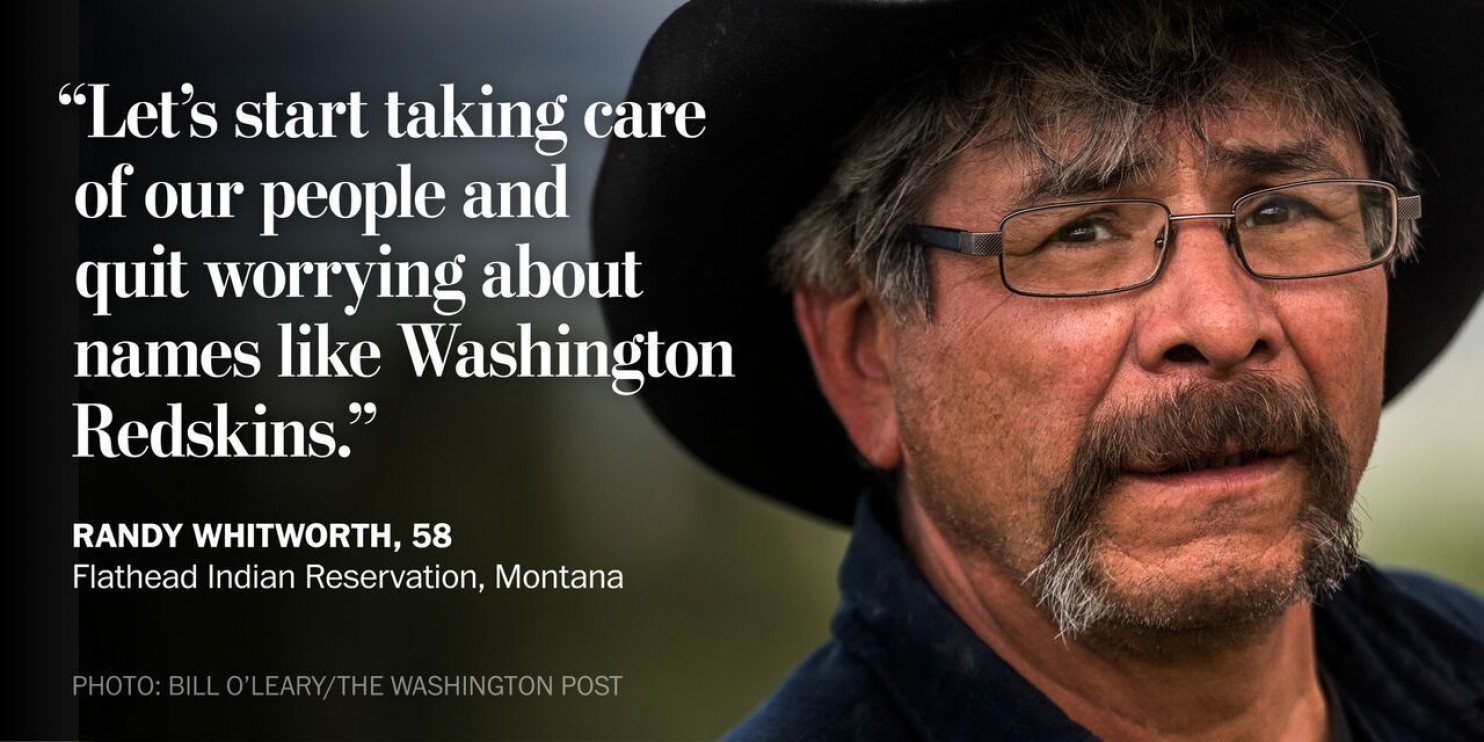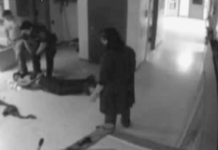I’m Not the Indian You Had in Mind
A video exploration offering insight as to how First Nations people today are changing old ideas and empowering themselves in the greater community.
Produced with a grant awarded by bravoFACT (Foundation to Assist Canadian Talent), a division of Bell Media Inc.
Creative team
Director/writer: Thomas King
Producer: Laura J. Milliken
Director’s statement
Thomas King says:
“I’m Not the Indian You Had in Mind challenges the stereotypical portrayal First Nations peoples in the media. This spoken word short offers an insight of how First Nations people today are changing old ideas and empowering themselves in the greater community.
The actors, in business suits, jeans, and typical urban attire are juxtaposed against the loincloth-wearing, tomahawk wielding Natives of yesterday’s spaghetti westerns.
Through the use of stock footage, language, and common artifacts like a cigar store Indian, the viewer is encouraged to examine the profound role that these one-dimensional media representations have played in shaping their perspectives of an entire group of people. The man living next door, the woman working in the next cubicle, or the stoic wood carving in front of the cigar store – which Indian did you have in mind?
About Thomas King
Thomas was born in Sacramento, CA in 1943. He is of Cherokee, German and Greek descent. King was raised in California, later becoming a photojournalist in Australia.
In 1986, he completed his Ph.D. in English and American studies at the University of Utah. He has taught Native Studies at the University of California, the University of Lethbridge, and at the University of Minnesota, where he was also Chair of American Indian Studies. King is currently a professor of creative writing at the University of Guelph, west of Toronto.
King published his first novel Medicine River in 1989. It marked him as an important voice in Canadian literature. His use of humor, well-crafted dialogue (influenced by his interest in traditional oral literature), and an honest portrayal of day-to-day life of Natives marked the book as an important work of fiction. In 1990, King tried to radically redefine how theorists view Native literature.
In the article Godzilla vs. Postcolonial, King challenges the view that all Native literature is a reaction to colonialism, rather than an extension of longer Native tradition. The term postcolonial serves, in King’s opinion, to reinforce the legacy of colonization.
In 1992, King published the collection of short stories One Good Story, That One. Again mixing humor, traditional Native mythology and contemporary issues, King creates a collection of memorable stories. One such story that plays with the idea of Christopher Columbus discovering America, A Coyote Columbus Story, was transformed into a children’s book that was ultimately nominated for a Governor General’s Award.
He was also nominated for a GG Award in 1993 for his second novel, Green Grass, Running Water. Maintaining the same theme and style of his previous works and enhancing them, King combines the lives of a number of Native characters making their way back to their reserve with a continual retelling of the Creation myth. Truth and Bright Water was published in 1999 and focuses more on the oral tradition of the Natives in its form and style.
Thomas King also wrote a series of comic radio scripts for the CBC during the 1990s, The Dead Dog Cafe. He has edited a number of anthologies on Native writers. The Dead Dog Café was also resurrected in 2006 and 13 episodes are currently in production for CBC Radio.
King was chosen to deliver the 2003 Massey Lectures, entitled The Truth About Stories: A Native Narrative. King was the first Aboriginal Massey Lecturer. In the series, King examined the Native experience in oral stories, literature, history, religion and politics, popular culture and social protest in order to make sense of North America’s relationship with its Aboriginal peoples.
How to purchase this film
You can do this through the following website:
NSI News
If you liked this film and want to receive updates about new films in the NSI Online Short Film Festival, our courses and alumni, subscribe to our weekly email blast sent every Tuesday.












